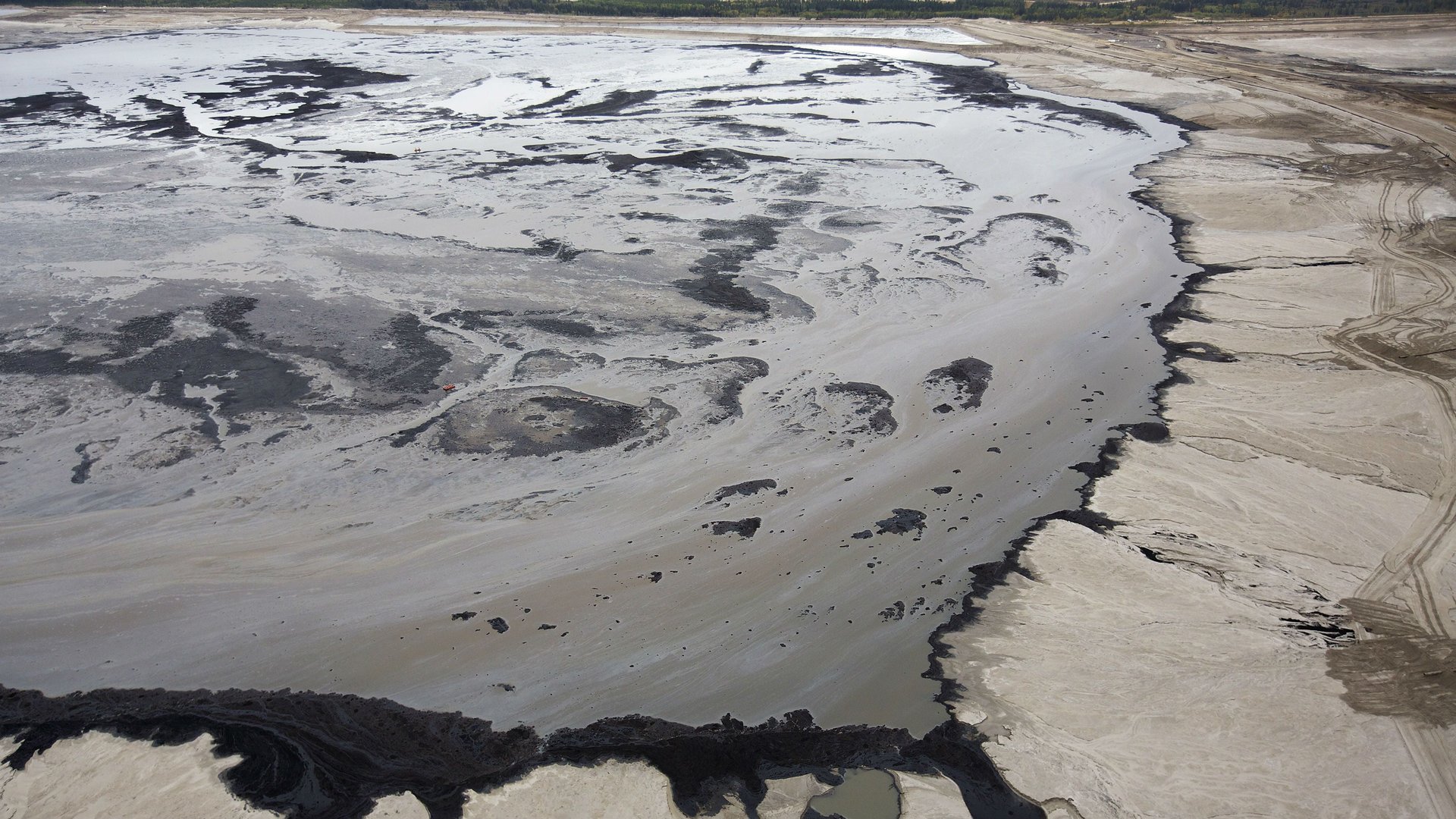Norway’s huge, influential oil fund is going on a divestment spree—of fossil fuel companies
This article has been corrected.


This article has been corrected.
Norway’s enormous sovereign fund has dumped dozens of fossil fuel investments. A number of universities, cities, and religious institutions have joined the so-called “divestment” movement, but the Norwegian fund—an $850 billion behemoth—is a uniquely influential investor in this regard. This week the fund published its first-ever report on responsible investing, detailing how it is adjusting its portfolio to combat climate-change risks.
It revealed that is has divested from 114 companies over the past three years, mainly coal-mining groups, but also firms that deal with tar sands, cement, and palm oil. The fund cited the outsized risks of high carbon emissions, deforestation, and poor water management as larger than the rewards of continuing to hold these companies’ shares. Indeed, some critics and researchers believe that investing in these companies—like the fossil fuels they generate—may be unsustainable (paywall).
“Investors are seeing the writing on the wall,” Jamie Henn, co-founder of climate-change advocacy group 350.org, told Quartz. “Norway isn’t alone in concluding that the coal industry has a very precarious future.”
Stanford University divested its $19 billion endowment from coal companies last year, which prominent financial figures cited as a “tipping point” in asset managers’ waning appetite for the carbon-intensive sector.
Still, last year a panel of experts advised Norway’s finance ministry—which oversees the sovereign wealth fund—to continue to invest in fossil fuels. It recommended that the fund instead vet its investments more intensely, divesting individual holdings “where there is an unacceptable risk that the company contributes to or is responsible for acts or omissions that, on an aggregate company level, are severely harmful to the climate.”
According to the fund’s latest public report (pdf), covering the third quarter of 2014, oil and gas companies accounted for around 8% of its stock portfolio and basic materials another 6%. Three of its top 10 holdings were oil companies.
The irony, of course, is that Norway’s massive sovereign wealth fund is funded by the country’s vast fossil-fuel industry (it’s colloquially known simply as “the oil fund”). Although the fund boasts about how it has “gradually increased the scope of risk-based divestments,” there is little doubt that oil and gas will remain a large part of Norway’s economy, something of a paradox given its growing commitment to fighting climate change.
Correction (Feb. 7th): A previous version of this article misconstrued Norway’s position on investing in fossil-fuel companies. The country’s sovereign wealth fund is deciding whether to divest its fossil-fuel company holdings on a case-by-case basis.